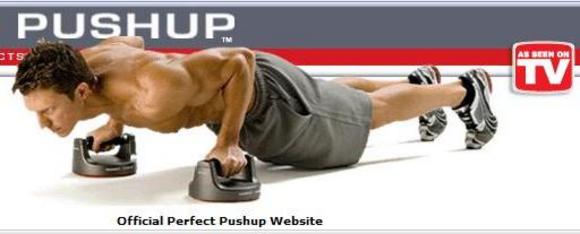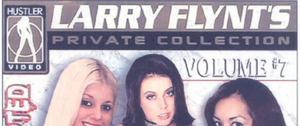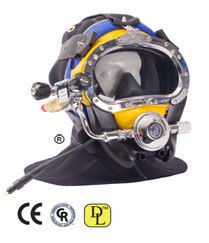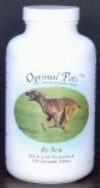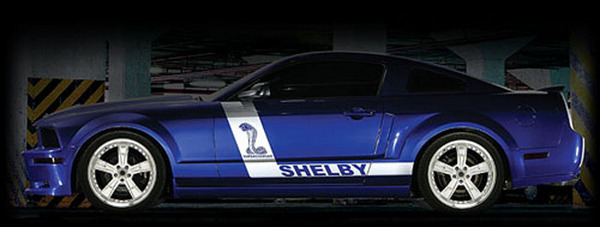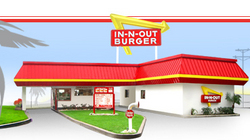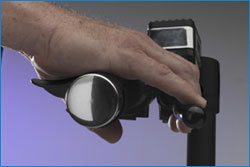Los Angeles, CA – Trademark and copyright infringement and Lanham Act § 43(a) unfair competition lawsuit was filed at the Federal District Court in Los Angeles by Perfect Pushup, LLC’s attorneys. Plaintiff sells its “Perfect Pushup” product through infomercials and direct response, where the conception of a swiveling pushup exercise device is attributed to a former platoon commander of the United States Navy SEALs. Plaintiff has registered its “Perfect Pushup” trademark with the U.S. Patent & Trademark Office. In addition, Plaintiff has registered its works with the U.S. Copyright Office, which works include its advertising photos, box designs and workout poster. Plaintiff also owns the www.perfectpushup.com domain name and website.
The Plaintiff alleges that it purchased defendants’ products and upon closer examination “found it to contain counterfeit merchandise. The product appeared to be almost identical to Plaintiff’s Perfect Pushup product, and included a direct counterfeit Perfect Pushup workout poster and workout DVD.” Defendants had allegedly brazenly established a website at www.perfectpushups.com (with an extra “s”) to sell the infringing product. The case is titled Perfect Pushup, LLC v. Suzette White, CV 09-0243 CW (C.D. Cal. 2008).
 Los Angeles Intellectual Property Trademark Attorney Blog
Los Angeles Intellectual Property Trademark Attorney Blog


